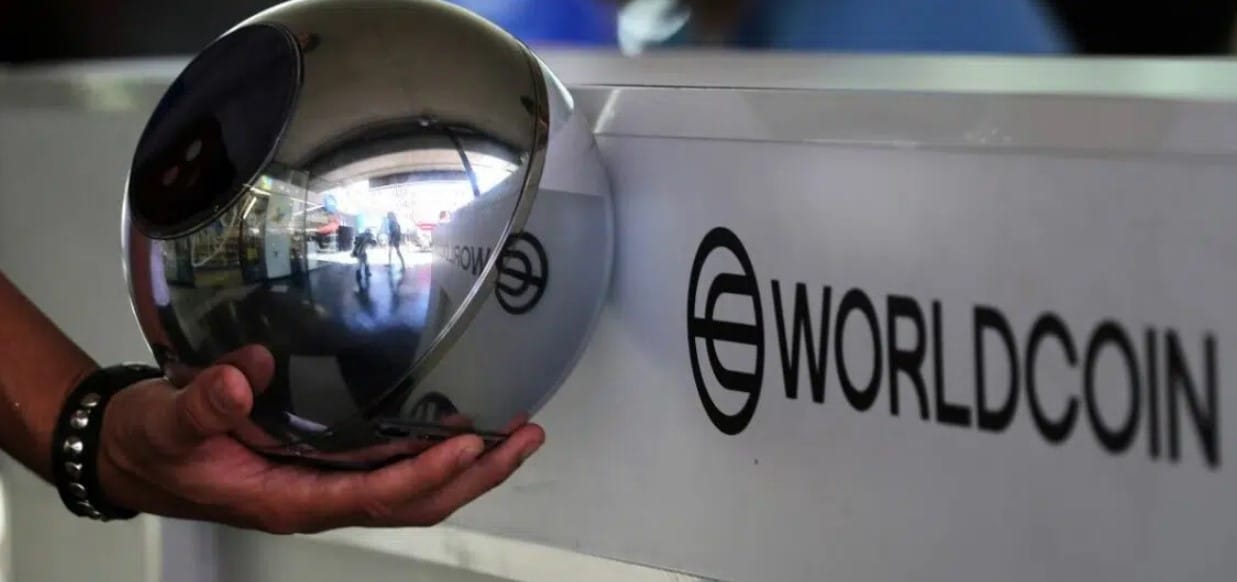Since September 25, Worldcoin has launched its Orbs iris scanning devices in Guatemala. As part of its expansion plan across Latin America and the world, the controversial project brought machines to Guatemala City, the country’s capital.
According to as notified by the companythe movement in Guatemala occurs because in that country There is interest in the idea of humanity verificationaccording to the results of a survey conducted by the company Tools For Humanity, in collaboration with the firm Ipsos.
The survey, which included 500 Guatemalansrevealed a growing interest in distinguishing between humans and bots onlineThe results showed that 83% of respondents were concerned about whether online content was generated by humans or bots, while 84% feared that the proliferation of advanced AI models would further complicate this distinction. In addition, 88% support the development of technologies to verify humanity online.
This concern is reinforced by the statistic that 9 out of 10 Guatemalans have been victims of online fraud or identity theftor know someone who has been, according to the results of the survey, something that the Worldcoin project takes advantage of to start its operations.
It must be remembered that the Orbs Their function is to scan people’s irises. to verify their humanity, and subsequently confirm that they are eligible to be part of the so-called Universal Basic Income, which costs a handful of monthly WLD tokens, each valued at over USD 2.10, according to the data from CoinMarketCap.

Now, Worldcoin did not specify in its press release whether it has the approval of the Guatemalan authorities for its operations. This point is crucial, considering that Guatemala, like many countries in the region, has a regulation for data protectioncalled the Law on Access to Public Information (Decree 57-2008). This law is based on the principles of transparency and protection of private data.
Transparency in the treatment of private data is precisely one of the reasons why Worldcoin has been the subject of scrutiny and questioning in several countries.
The Worldcoin project has attracted the attention of regulators in more than a dozen countries, including Argentina and Mexico, where investigations have been launched into possible privacy violations.
In Buenos Aires, the Argentine capital, Worldcoin was fined $200,000. Outside the Latin region, the project has also been punished. This Thursday, South Korea announced a sanction $850,000 fine against Worldcoin for violating data protection laws.
This controversy is intensified by the price (and impact) of WLD tokens, which broke the $2 barrier, marking a milestone in its valuation and drawing even more attention to Worldcoin’s practices and implications regarding privacy and data security.
This article was created using artificial intelligence and edited by a human on the editorial staff.






Leave a Reply